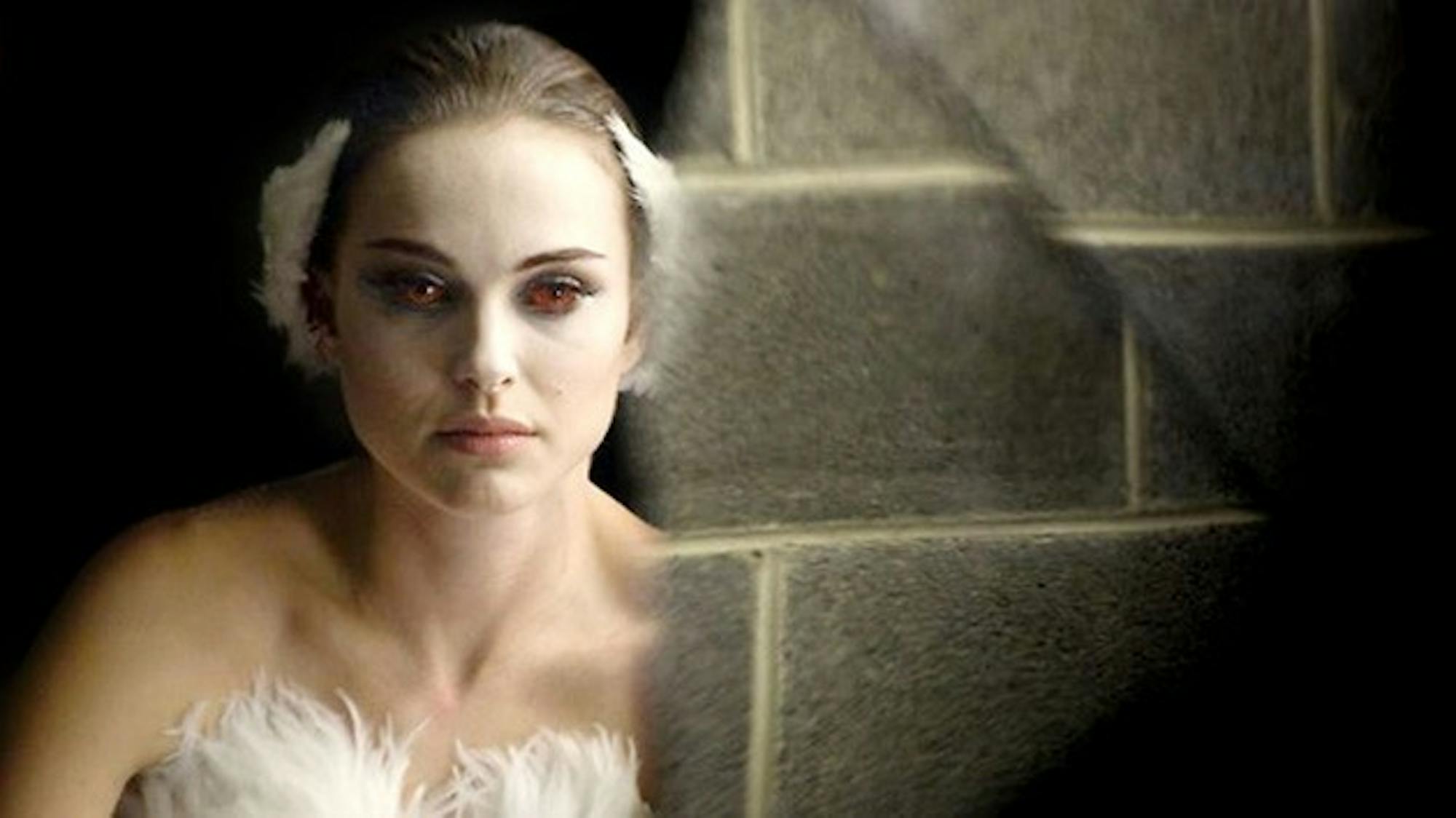I now freely admit that I was wrong. "Black Swan" is melodramatic, but it is also a masterpiece. The film stands out in a season already crowded with Oscar-caliber films, and Portman is crucial to this success. Delivering one of the most impressive performances of her career in "Black Swan," the actress has cemented herself as a favorite for this awards season.
Directed by Darren Aronofsky (2008's "The Wrester," 2000's "Requiem for a Dream"), "Black Swan" is a gothic psycho-thriller that chronicles an innocent ballerina's descent into madness. The plot appears simple at first. When the sexually deviant director (Vincent Cassel) of a New York-based ballet company decides to reinvent the classic ballet "Swan Lake," he makes the unusual choice of casting the same dancer as both the pure White Swan and the seductive Black Swan.
Portman's character Nina, an ambitious young dancer desperate for her big break is selected by the director to play both roles. Extremely zealous and hardworking, Nina tells her director that she strives for "perfection" when performing.
This obsessive commitment to perfection has negative repercussions for Nina's personal life she suffers from bulimia and spends all of her time practicing instead of socializing with friends her own age. And while Nina's neurosis helps her to play the technically precise White Swan, it prevents her from achieving a more fluid style of dancing as the capricious, lustful Black Swan. At Nina's audition, the director informs his pupil that she could easily have the part if he were only casting the White Swan, but that she lacks the sex appeal and charisma to play the Black Swan.
To help her embody the spirit of both roles, the director encourages our protagonist to embrace her sexuality (his true motives, of course, are painfully clear). Such a feat seems impossible for the sexually-repressed, virginal Nina. The young dancer still lives at home with her mother (Barbara Hershey) in a bedroom better fit for a five-year-old girl than a mature young woman. She answers to her creepy and controlling mother, a bitter woman who had to end her career as a ballerina when she became pregnant with Nina.
Enter Lily (Mila Kunis), a dancer from California who is compared (none too subtly) to the Black Swan. Carnal and free-spirited, she soon catches the eye of the lascivious director and is appointed as Nina's understudy. Paranoid and self-conscious, Nina sees Lily less as an understudy than as a rival.
Kunis, who is known for her work in comedies like "Forgetting Sarah Marshall" (2008) and "That 70's Show," gives a career-defining performance as Lily. Drawing on her comedic roots, the actor adds a touch of lightheartedness to an otherwise serious and ultimately tragic film. Perhaps as a result of the actors' close real-world friendship, the chemistry between Kunis and Portman is palpable from their first moment onscreen together.
But Kunis is just one part of an extremely talented and exceptionally well-cast troupe of supporting actors. Hershey is extraordinary as Nina's quietly malevolent mother, while Cassel elicits both respect and revulsion as the ballet company's perverted director. Winona Ryder also delivers an extraordinary performance as the suicidal former prima ballerina of the company (and Cassel's former lover, we later learn).
However, "Black Swan" is first and foremost about Nina and her fall from innocence to madness. Although the performances from supporting actors are impressive, the film rests on Portman's shoulders and the starlet really does steal the show. Portaying Nina's psychological evolution is no simple task, but Portman captures her character's struggles effortlessly, rarely overacting or resorting to melodrama. Portman does waver at some points during the film, but her missteps can largely be attributed to the over-the-top nature of Aronofsky's story.
Those not accustomed to psycho-dramas may be put off by the film's seemingly implausibile storyline, but Aronofsky's histrionics are a means to an end: a convincing portrayal of the painful, grotesque hysteria Nina experiences as she falls into a schizophrenic madness. Is it hokey at times? Of course. Perhaps Aronofsky put just a little too much crazy into his protagonist, but I, for one, loved every minute.
In "Black Swan," Aronofsky employs many of the techniques he used in his award-winning drama "The Wrestler."
Parallels between the two films are hardly subtle both follow tragic individuals who sacrifice their personal lives for the demands of their profession. This is not to say that "Black Swan" is the "The Wrestler" redone with tights and ballet shoes, but the films share similar protagonists and a haunting, artistic style.
"Black Swan" heads into awards season with some impressive accolades in tow. Not only is it included on numerous critics' top ten lists, but it has also been nominated for four Golden Globe Awards: Best Picture-Drama, Best Actress for Portman, Best Supporting Actress for Kunis and Best Director for Aronofsky.
These nominations are well-deserved. Set against the backdrop of Tchaikovsky's music, "Black Swan" is truly a compelling drama.




